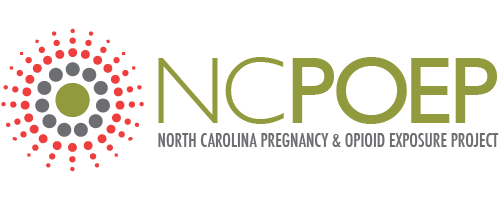As the patient’s substance use disorder recovery proceeds and her physical health is restored, her fertility may also increase. Women should not assume that infertility problems experienced in the past will continue after opioid-use disorder treatment is initiated. If a woman is planning a pregnancy, beginning a regimen of prenatal vitamins (including 800 mg folic acid) prior to conception is recommended to reduce birth defects. If a woman is sexually active and not using contraception, prenatal vitamins should be recommended given the high risk of pregnancy. A referral for contraceptive counseling should be made for women who are not planning a pregnancy and those who do not want to become pregnant.
Contraceptive counseling and treatment are covered under Medicaid. If a woman does not qualify for Medicaid, she may qualify for the ‘Be Smart’ program. Contraception is available with no charge under the “Be Smart” program from local health departments, rural health clinics, federally qualified health centers, private medical providers and Planned Parenthood clinics that accept Medicaid. Please see Appendix 12 for information on the “Be Smart” program. County Health Department Family Planning clinics also provide contraceptive counseling and treatment using a sliding scale fee.
No evidence indicates a medication interaction between oral contraceptives and methadone or buprenorphine. Long-acting reversible contraception (LARC) should be considered for women in medication-assisted treatment who are sexually active and not planning a pregnancy. To afford the woman the best chance for a successful recovery, address her partner/family substance abuse treatment and plan, as indicated.



